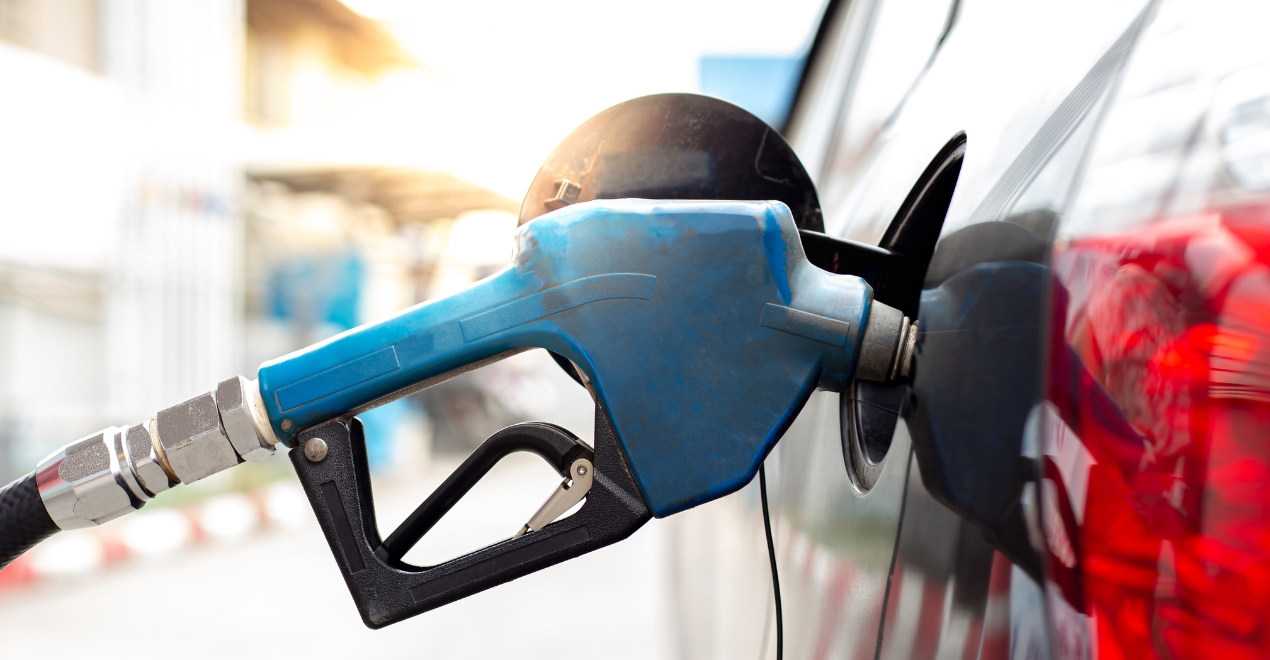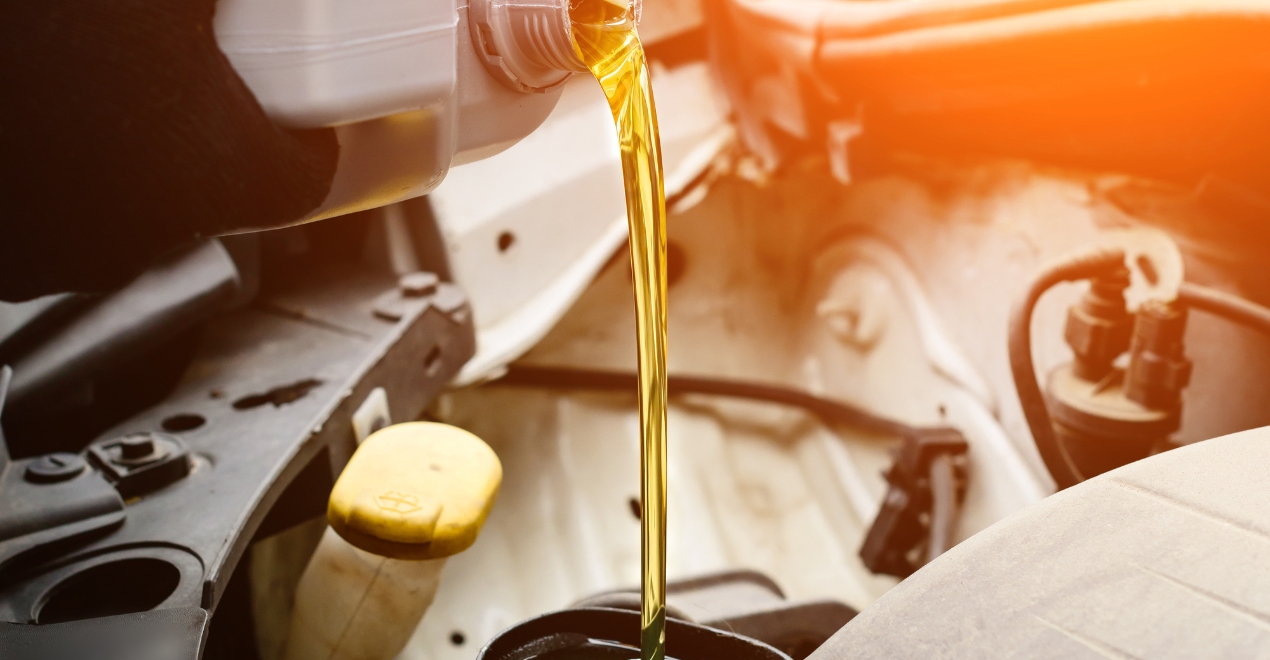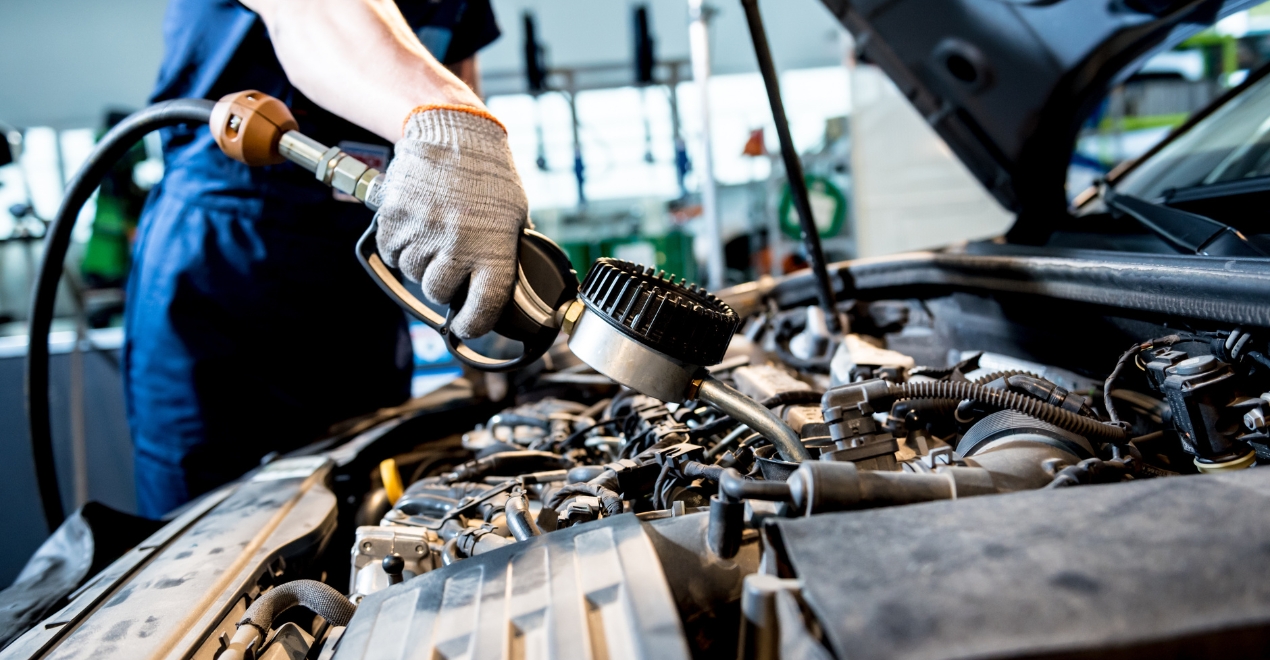Discovering that your car burning oil can be concerning, but it’s a problem that can often be addressed with proper diagnosis and repair. This comprehensive guide will delve into the causes, symptoms, and effective solutions for fixing a car that is burning oil. Whether you’re experiencing visible smoke from the exhaust or noticing a decrease in oil levels between changes, understanding the issue is the first step toward resolving it. Struggling to fix your car’s burning oil problem? Call Crossroads Helpline for expert advice and step-by-step guidance!
Understanding Oil Consumption vs. Oil Burning

Before diving into solutions, it’s important to distinguish between oil consumption and oil burning in a car engine. Oil consumption refers to the normal process where a small amount of oil is used up during engine operation due to combustion and lubrication. However, excessive oil burning occurs when the engine consumes oil at a higher rate than usual, leading to visible smoke from the exhaust and decreased oil levels over a short period.
Common Causes of Oil Burning
Several factors can contribute to a car burning oil, ranging from minor issues to more significant mechanical problems:
- Worn Piston Rings: As one of the primary seals that prevent oil from entering the combustion chamber, worn piston rings can allow oil to be burned along with fuel.
- Valve Seal Leaks: The valve seals are responsible for controlling the flow of oil into the cylinder head. When these seals deteriorate or fail, oil can leak into the combustion chamber and burn.
- PCV System Issues: A malfunctioning Positive Crankcase Ventilation (PCV) system can cause pressure buildup in the crankcase, leading to increased oil consumption and burning.
- Turbocharger Problems: Turbocharged engines may experience oil leakage or burning due to issues with the turbo seals or excessive oil pressure.
Symptoms of a Car Burning Oil
Identifying the symptoms of oil burning early can prevent further damage to your engine:
- Blue Smoke from Exhaust: One of the most noticeable signs is blue or grayish smoke coming from the exhaust pipe, especially when accelerating or decelerating.
- Decreased Oil Level: Regularly checking your oil dipstick and noticing a decrease in oil level despite not detecting any leaks can indicate excessive oil consumption.
- Increased Spark Plug Fouling: Oil burning can lead to fouling of spark plugs, causing misfires and poor engine performance.
- Visible Oil Leaks: While not always indicative of burning oil, visible oil leaks around the engine or under the car may suggest a problem that could lead to oil burning if left unresolved.
Diagnostic Steps

Proper diagnosis is crucial to pinpoint the exact cause of oil burning in your car:
- Compression Test: A compression test can help identify issues with piston rings or valves that may be contributing to oil consumption.
- Leakdown Test: This test assesses the condition of piston rings and valves by measuring how much air leaks from the cylinders.
- Inspecting Spark Plugs: Fouled or oil-soaked spark plugs can indicate oil-burning issues within the combustion chamber.
- PCV System Inspection: Checking the PCV valve and associated hoses for clogging or malfunction can reveal underlying issues contributing to oil consumption.
Solutions to Fix Oil Burning
Once the cause is identified, addressing oil burning typically involves one or more of the following solutions:
- Replacing Piston Rings: If worn piston rings are the culprit, replacing them requires extensive engine disassembly but is effective in reducing oil consumption.
- Replacing Valve Seals: Repairing or replacing faulty valve seals can prevent oil from leaking into the combustion chamber.
- PCV System Maintenance: Cleaning or replacing the PCV valve and ensuring proper function of associated components can restore normal crankcase ventilation.
- Turbocharger Inspection and Repair: Turbocharged engines may require inspection of turbo seals and addressing any oil leakage issues to prevent oil burning.
Preventative Maintenance Tips

To minimize the risk of your car burning oil in the future, consider these preventative measures:
- Regular Oil Changes: Follow the manufacturer’s recommended oil change intervals and use high-quality oil to maintain engine lubrication.
- Monitor Oil Levels: Check your oil regularly using the dipstick and top up as needed to ensure proper lubrication and early detection of oil burning.
- Address Engine Issues Promptly: Address any unusual symptoms such as blue smoke or oil leaks promptly to prevent further damage and costly repairs.
- Keep Engine Components Clean: Regular maintenance of engine components, such as cleaning or replacing air filters and maintaining proper fuel-air mixture, can optimize engine performance and reduce oil consumption.
Conclusion
Dealing with a car that is burning oil requires understanding the underlying causes and taking appropriate action. By recognizing the symptoms early, conducting thorough diagnostics, and implementing the right solutions, you can effectively resolve oil burning issues and restore your car’s performance and efficiency. Remember to prioritize regular maintenance and address any concerns promptly to prolong the life of your engine and avoid costly repairs in the future. Don’t let a burning oil issue ruin your day. Reach out to Crossroads Helpline for immediate assistance and professional tips.

